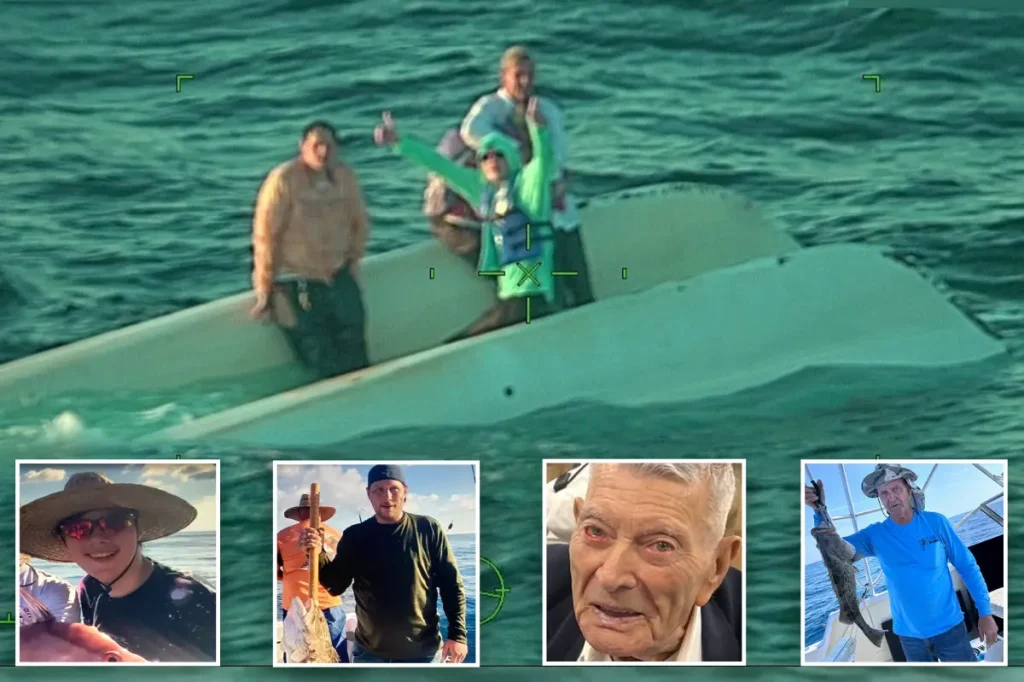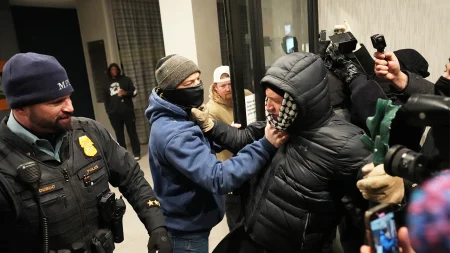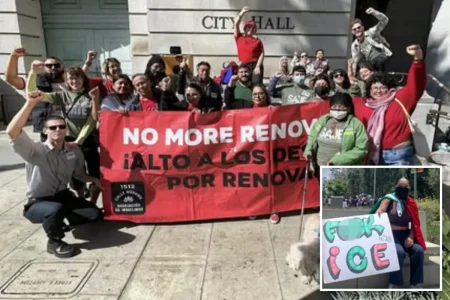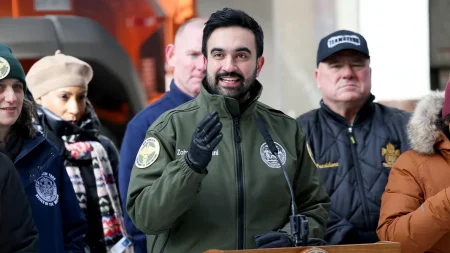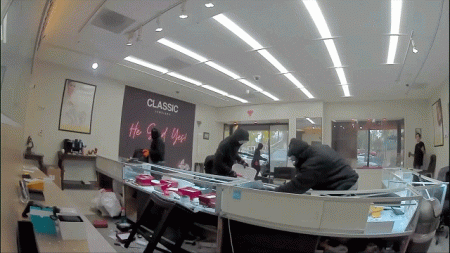A Birthday Fishing Trip Turned Survival Odyssey: Four Generations Rescued from Capsized Vessel
In what was meant to be a joyous 70th birthday celebration, four family members experienced a harrowing 20-hour ordeal that transformed a simple fishing excursion into an extraordinary tale of survival and rescue. Dennis Woods chose to commemorate his milestone birthday by organizing a fishing trip with three generations of his family: his 90-year-old father Clarence Woods, 42-year-old Cris Harding Sr., and 18-year-old Chris Harding Jr. Setting out from Clearwater, Florida, in their 24-foot catamaran aptly named “Money Well Wasted,” the group anticipated returning by late afternoon with nothing more than fish tales to share. Instead, they would return with a story of unexpected disaster, remarkable resilience, and ultimately, a dramatic rescue that none of them would ever forget.
The day began ordinarily enough when the four relatives departed from the Seminole Street Boat Ramp around 9:30 a.m. on Monday, venturing into the Gulf of Mexico. The outing took a devastating turn when their vessel began experiencing trouble. Dennis Woods later recounted the frightening sequence: “Water filled up on one side of the catamaran, and then it made the back of the boat go down low, and water started coming over the back.” The situation deteriorated rapidly, giving the crew precious little time to react. “It was probably less than five minutes before it rolled, and I didn’t have time to contact the Coast Guard,” Woods explained. In those critical moments, their priorities shifted instantly from celebration to survival. “We were more worried about getting the life jacket on the 90-year-old and the 18-year-old,” he said, demonstrating remarkable presence of mind despite the chaos unfolding around them.
As hours passed without the boaters’ return, concern mounted among their family members waiting on shore. By 8:30 p.m. Monday evening, with darkness having fallen and no word from the fishing party, relatives contacted the Clearwater Police Department to report them missing. This call activated an extensive search operation involving multiple agencies: the US Coast Guard, Clearwater Police Department, Clearwater Fire and Rescue, and Florida Fish and Wildlife Conservation Commission all joined forces to locate the missing vessel and its crew. Meanwhile, out at sea, the four men had managed to climb onto the overturned hull of their catamaran, creating a precarious but vital platform above the water. As night fell, they faced increasing challenges – darkness, fatigue, exposure to the elements, and growing anxiety about whether anyone was searching for them. The waves intensified throughout the night, threatening to wash them off their makeshift refuge as they clung to the capsized boat approximately 26 miles offshore.
The breakthrough came Tuesday morning, approximately 20 hours after the vessel capsized, when an HC-144 Ocean Sentry plane from the US Coast Guard Air Station Miami spotted the overturned catamaran around 7:15 a.m. The rescue footage captured a heart-stirring moment: four exhausted figures perched atop their upside-down vessel, frantically waving their arms at the aircraft passing overhead – a universal signal of distress and hope. The plane crew quickly responded by deploying a life raft and a Mk-58 marine location marker, creating both immediate assistance and a visual guide for the Coast Guard boat crew that was dispatched to complete the rescue. This coordinated effort exemplified the efficiency and effectiveness of maritime search and rescue operations, particularly when multiple agencies work in concert toward a common goal of saving lives.
The reunion of the four men with their worried family members marked the triumphant conclusion to what could have easily become a tragic story. All four were transported to Morton Hospital for medical evaluation and treatment, with doctors reporting them in stable condition despite their ordeal. The physical toll of spending 20 hours exposed to the elements – including dehydration, possible hypothermia, and exhaustion – required medical attention, but remarkably, all four generations survived the experience without serious injury. The substantial age range of the survivors, from 18 to 90 years old, made their collective survival all the more impressive and highlighted the importance of mutual support during the crisis. Each member of this intergenerational crew had contributed to their shared survival, whether through physical assistance, moral support, or simply the determination to endure until help arrived.
In reflecting on his unconventional birthday experience, Dennis Woods displayed remarkable perspective and gratitude. “It was a good birthday now that I’m back on land,” he commented, his understated humor masking what must have been a profound appreciation for life itself following such a close call. Ensign Gaige Garrett, Operational Unit Controller at the Coast Guard Sector St. Petersburg Command Center, emphasized the happy outcome while using the incident as a teaching moment: “Through the efforts of multiple Coast Guard crews and partner agencies, we were able to safely recover the missing boaters and reunite them with their loved ones. We want to remind anyone going out on the water to have all necessary safety equipment to include Coast Guard approved life jackets, VHF radio, signaling devices, and an emergency position locator beacon or personal locator beacon.” The Woods-Harding family’s experience serves as a powerful reminder of both the sea’s unpredictability and the critical importance of proper safety equipment and protocols. For this family, what began as a birthday celebration became an unexpected testament to human resilience and the dedication of rescue professionals who ensure that stories like theirs can end with relief rather than tragedy – a birthday that, while not as planned, they truly will never forget.





